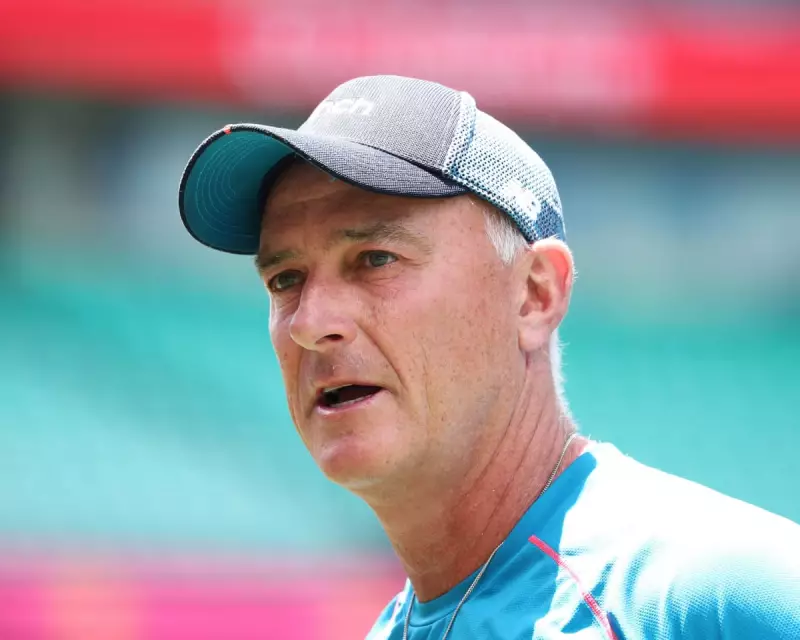
The tragic decline of former England cricketer Graham Thorpe into severe depression after losing his coaching position has been detailed in a recent inquest. The hearing revealed how Thorpe, a celebrated figure in English cricket, struggled with his mental health following the abrupt end of his coaching career.
A Career Cut Short
Thorpe, who played 100 Test matches for England and was regarded as one of the finest batsmen of his generation, transitioned into coaching after retiring from professional cricket. However, his coaching role was terminated unexpectedly, which reportedly left him devastated.
The Spiral into Depression
According to testimonies at the inquest, Thorpe's mental health deteriorated rapidly after losing his job. Friends and family noted a significant change in his behaviour, including withdrawal from social interactions and a loss of interest in activities he once loved.
Warning Signs Ignored
Despite efforts by loved ones to support him, Thorpe's condition worsened. The inquest highlighted the lack of adequate mental health support for former athletes, raising questions about the responsibilities of sporting organisations in such cases.
A Call for Better Support
The tragic case has sparked calls for improved mental health provisions for sports professionals, particularly after retirement or job loss. Experts argue that the high-pressure environment of professional sports can leave individuals vulnerable when their careers end abruptly.
Thorpe's legacy as a cricketer remains untarnished, but his story serves as a stark reminder of the importance of mental health awareness in the sporting world.





